In an era where sustainability and eco-friendly solutions are at the forefront of agricultural innovation, turning cow dung into organic fertilizer has become a promising approach to address the environmental impact of farming while enhancing soil health. This transformation, powered by advanced machinery, not only reduces waste but also provides a nutrient-rich, organic fertilizer that boosts crop yields and supports sustainable agriculture practices.
With the growing demand for organic products, many farmers are adopting technologies that can efficiently process cow dung into organic fertilizer. This article will explore the benefits of converting cow dung into fertilizer, the machinery used in this process, and how it contributes to sustainable farming.
The Benefits of Using Cow Dung as Organic Fertilizer
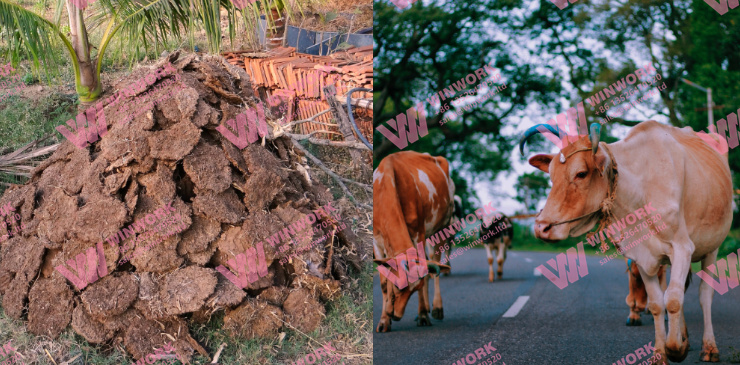
Cow dung has been used for centuries as a natural fertilizer due to its rich nutrient profile. However, modern methods of processing cow dung have made it even more efficient and environmentally friendly. Here are some key benefits of turning cow dung into organic fertilizer:
- Improved Soil Health: Organic fertilizers made from cow dung are rich in essential nutrients such as nitrogen, phosphorus, and potassium, which are critical for plant growth. In addition, cow dung improves soil structure, increasing its water retention and aeration, promoting healthy root systems.
- Environmentally Friendly: By converting cow dung into organic fertilizer, farmers can reduce the environmental impact of animal waste. Instead of allowing cow dung to release methane and other greenhouse gases into the atmosphere, it is transformed into a valuable agricultural product. This reduces the carbon footprint of farming operations.
- Sustainable Farming: Organic fertilizers derived from cow dung encourage sustainable farming practices by reducing the reliance on synthetic fertilizers. Unlike chemical fertilizers, organic options enhance the long-term fertility of the soil without causing harm to the environment.
- Cost-Effective Solution: For many farmers, turning cow dung into organic fertilizer offers a cost-effective solution for fertilizing crops. Since cow dung is a byproduct of livestock farming, it provides a readily available source of organic material, eliminating the need to purchase expensive chemical fertilizers.
The Process of Turning Cow Dung into Organic Fertilizer
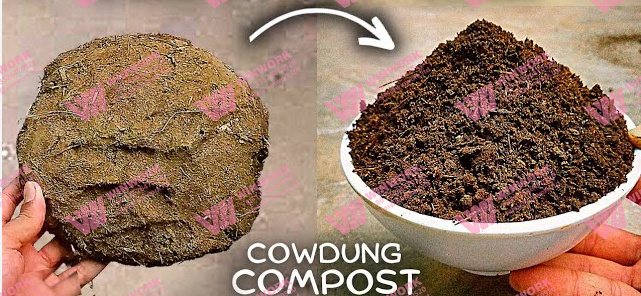
The process of converting cow dung into organic fertilizer involves several key steps, each facilitated by advanced machinery designed to optimize efficiency and product quality. The following outlines the main stages of the process:
- Collection and Fermentation: The first step is collecting fresh cow dung and allowing it to ferment. Fermentation is a critical part of the process, as it breaks down the organic matter and reduces harmful pathogens. To speed up the fermentation process, machines like compost turners or fermentation tanks are used. These machines help maintain the optimal temperature, moisture level, and oxygen supply for rapid decomposition.
- Crushing and Screening: After the fermentation process is complete, the next step involves crushing and screening the composted cow dung to create a uniform texture. Crushing machines break down large clumps of material, while screening machines remove any impurities or non-compostable materials. This step ensures that the final product is free from contaminants and ready for further processing.
- Granulation: To make organic fertilizer easier to handle and apply, granulation machines are used to turn composted cow dung into granules or pellets. These granules are more convenient for storage and transportation and offer consistent nutrient release when applied to crops. Granulators come in various sizes and configurations, depending on the production capacity required.
- Drying and Cooling: Once the cow dung is granulated, it is essential to remove excess moisture to extend its shelf life. Drying machines use hot air to reduce the moisture content of the organic fertilizer, ensuring that it remains stable over time. After drying, cooling machines are used to bring the temperature of the fertilizer back down to ambient levels, preventing clumping or degradation during storage.
- Packaging: The final step in the process is packaging the organic fertilizer for distribution. Automated packaging machines ensure that the fertilizer is packaged efficiently and in the right quantities, making it easy for farmers to apply the product directly to their fields.
Advanced Machinery for Efficient Fertilizer Production
The adoption of advanced machinery has been instrumental in transforming cow dung into organic fertilizer efficiently and sustainably. Modern equipment is designed to optimize each stage of the process, reducing labor requirements and improving the overall quality of the fertilizer. Here are some of the key machines used in this process:
- Compost Turners: These machines are essential for aerating and mixing cow dung during the fermentation process. Compost turners help maintain the ideal conditions for microbial activity, speeding up the decomposition process and producing high-quality compost.
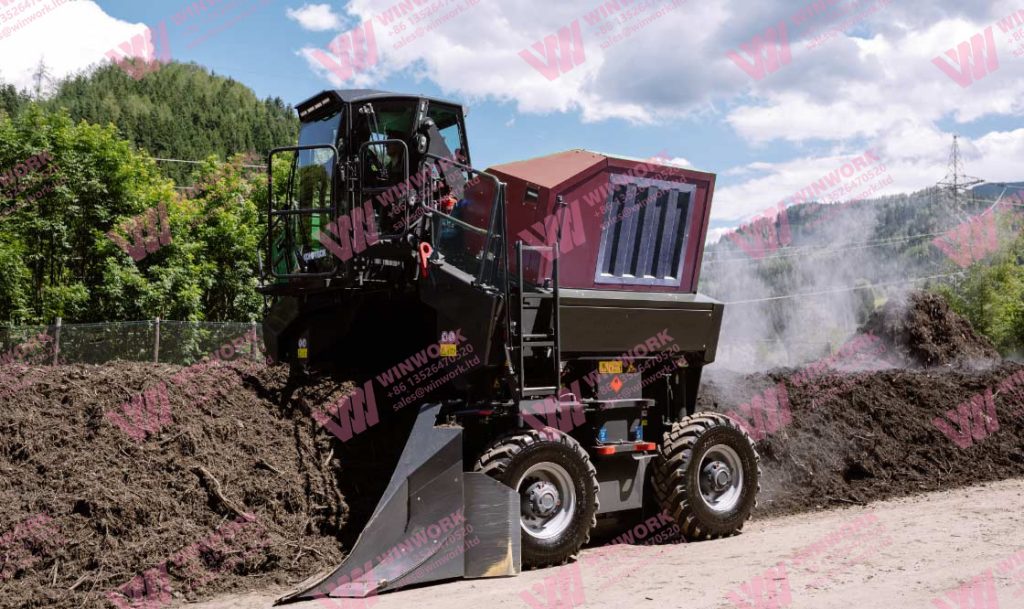
- Granulators: Granulation machines are crucial for turning composted cow dung into uniform granules. The granulation process ensures that the organic fertilizer is easy to apply and provides consistent nutrient release to crops. These machines come in different types, including rotary drum granulators and flat-die granulators, depending on the specific needs of the production line.
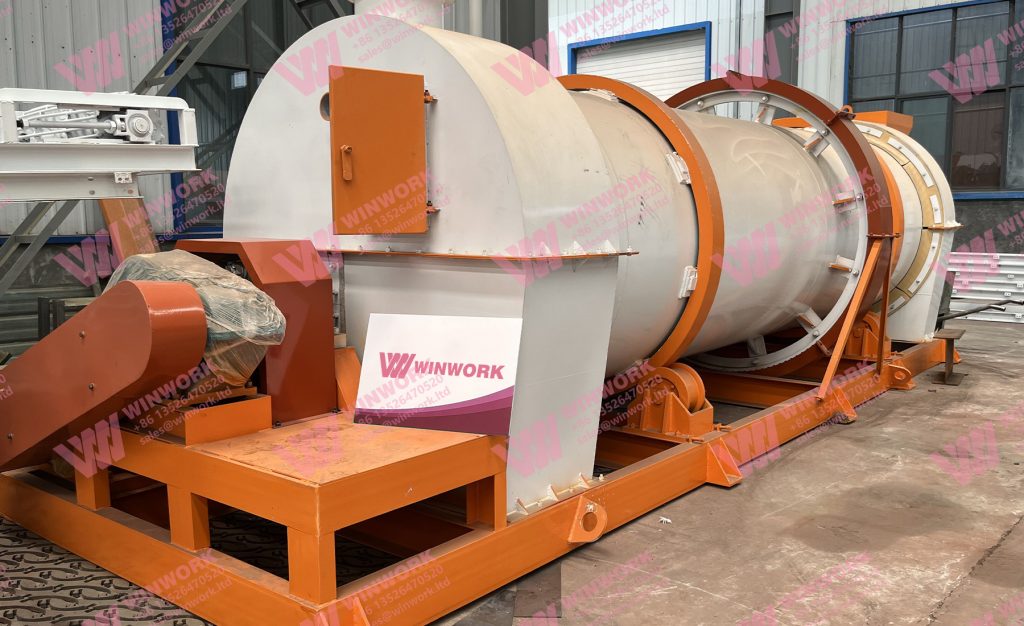
- Dryers and Coolers: To prevent organic fertilizer from spoiling, drying machines are used to remove excess moisture. By controlling the drying process, farmers can produce stable, long-lasting fertilizer. Coolers then bring the temperature down, ensuring that the product is ready for storage or immediate use.
- Screening Machines: Screening equipment is used to filter out impurities and ensure that the organic fertilizer is of uniform quality. This step is essential for maintaining the consistency and effectiveness of the fertilizer when applied to crops.
- Packaging Machines: Finally, modern packaging machines allow for the automated packing of organic fertilizer into bags or bulk containers. These machines improve efficiency and ensure that the product is packaged in precise quantities, ready for distribution.
The Role of Organic Fertilizer in Sustainable Agriculture
Using cow dung to produce organic fertilizer is not only an eco-friendly solution but also a significant step toward sustainable agriculture. As farmers increasingly turn to organic methods to meet consumer demand for environmentally friendly products, the role of organic fertilizer becomes even more important.
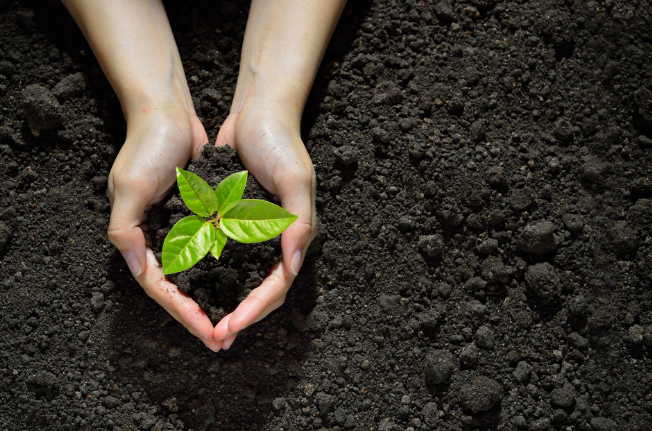
- Promotes Healthy Soil: Organic fertilizer made from cow dung replenishes soil nutrients without the harmful side effects associated with synthetic fertilizers. Over time, it builds up the organic matter in the soil, promoting microbial activity and enhancing soil structure.
- Reduces Chemical Runoff: Chemical fertilizers often contribute to water pollution through runoff into nearby rivers and lakes. Organic fertilizers, on the other hand, release nutrients slowly, reducing the risk of nutrient leaching and protecting the environment from harmful pollutants.
- Supports Biodiversity: Organic farming practices that use cow dung fertilizer promote biodiversity by fostering a healthier ecosystem in and around farmlands. This benefits not only crops but also the local flora and fauna, creating a more resilient agricultural system.
Conclusion
Turning cow dung into organic fertilizer is a sustainable and efficient solution for modern agriculture. With the help of advanced machinery, farmers can transform waste into a valuable resource that improves soil health, enhances crop yields, and supports eco-friendly farming practices. As demand for organic products grows, the adoption of these technologies will continue to play a critical role in promoting sustainability and reducing the environmental impact of agriculture.
By investing in the right equipment and practices, farmers can make the most of the natural resources available to them, contributing to a more sustainable future for agriculture.


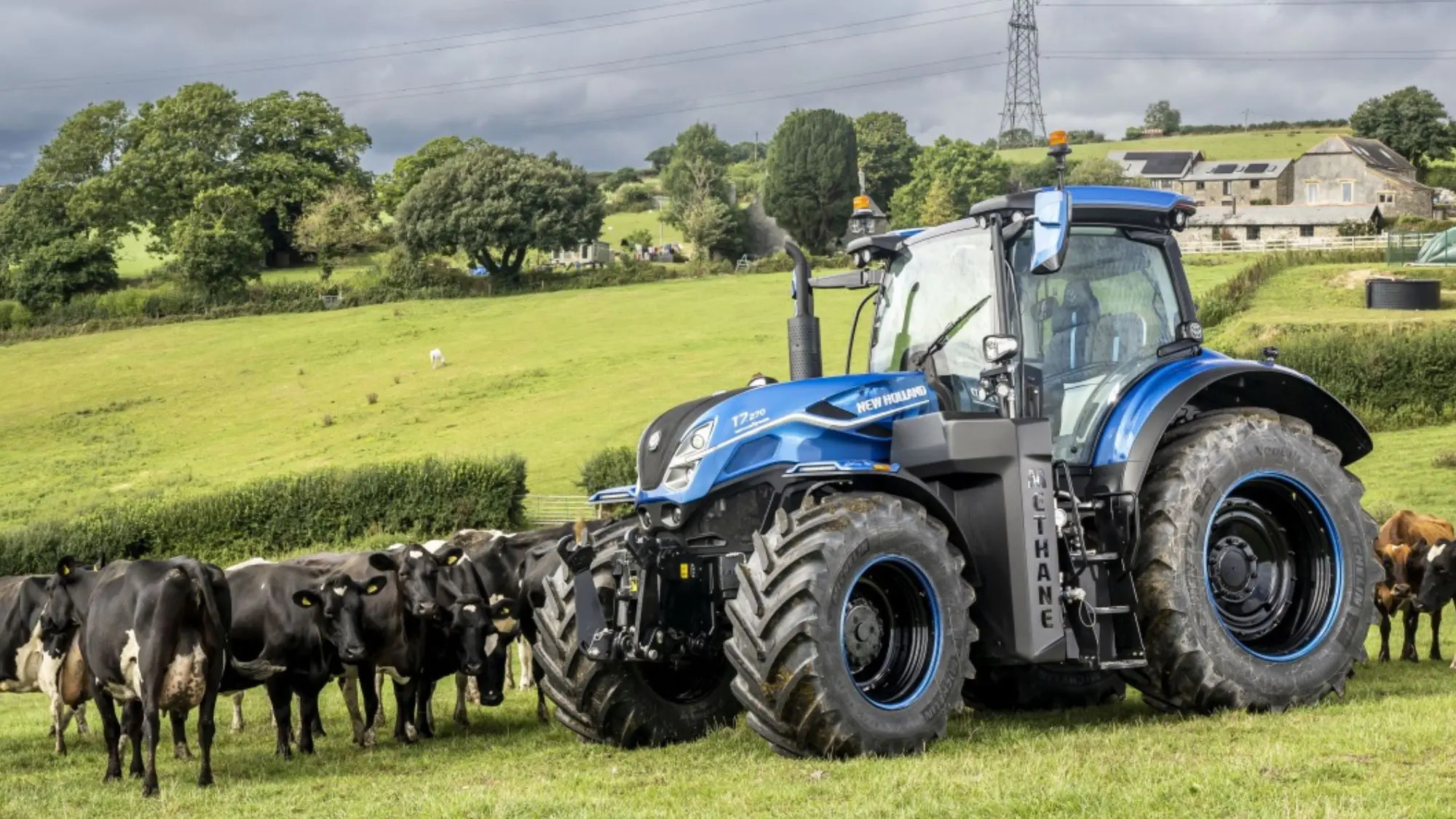
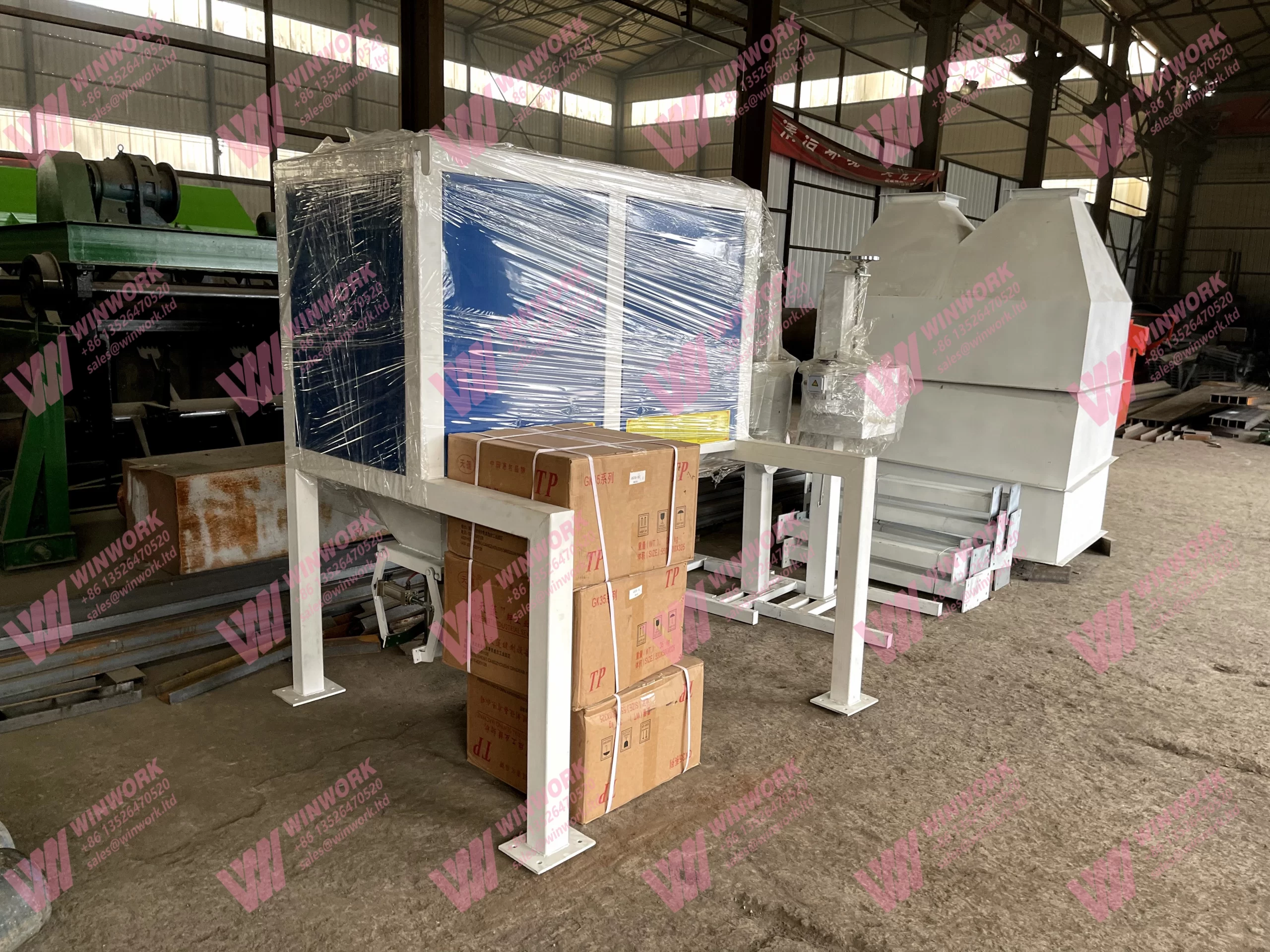
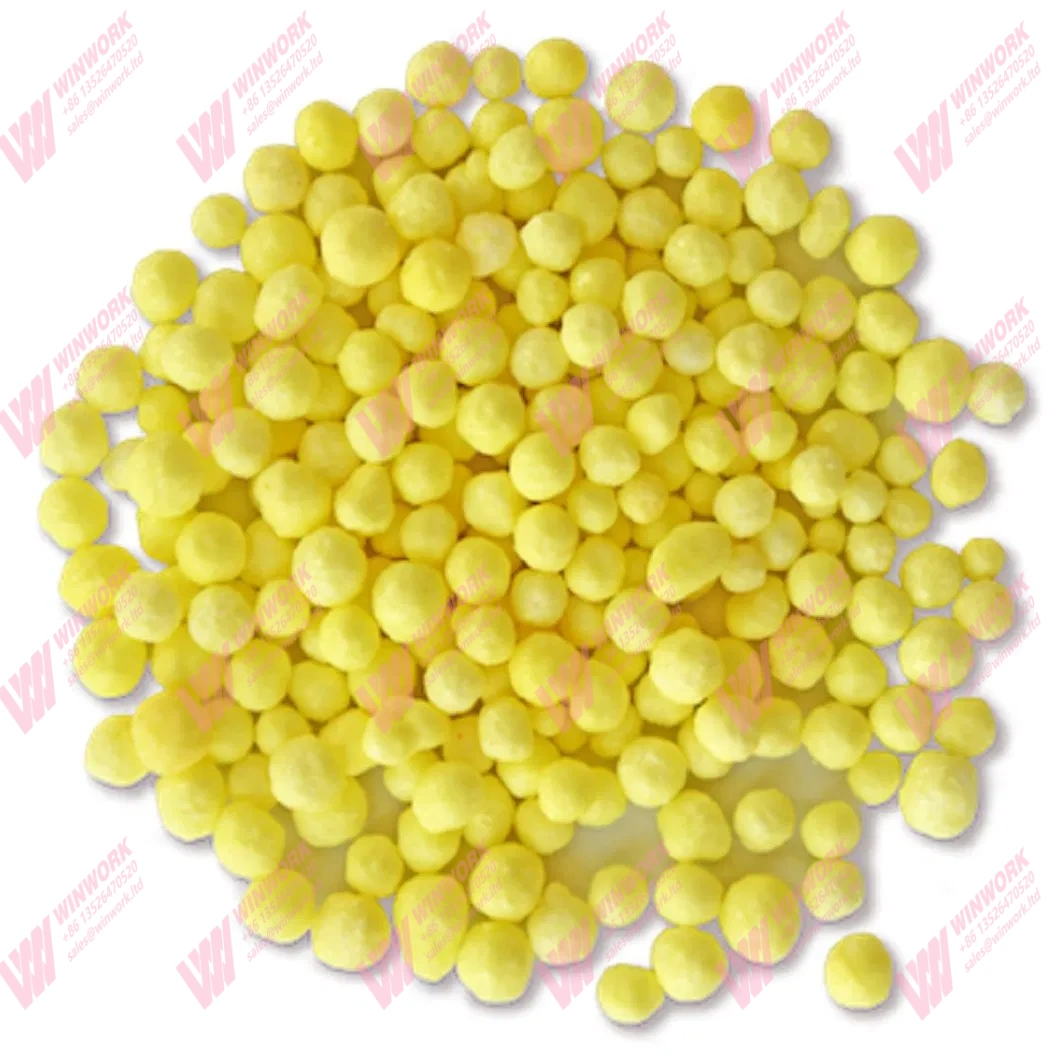
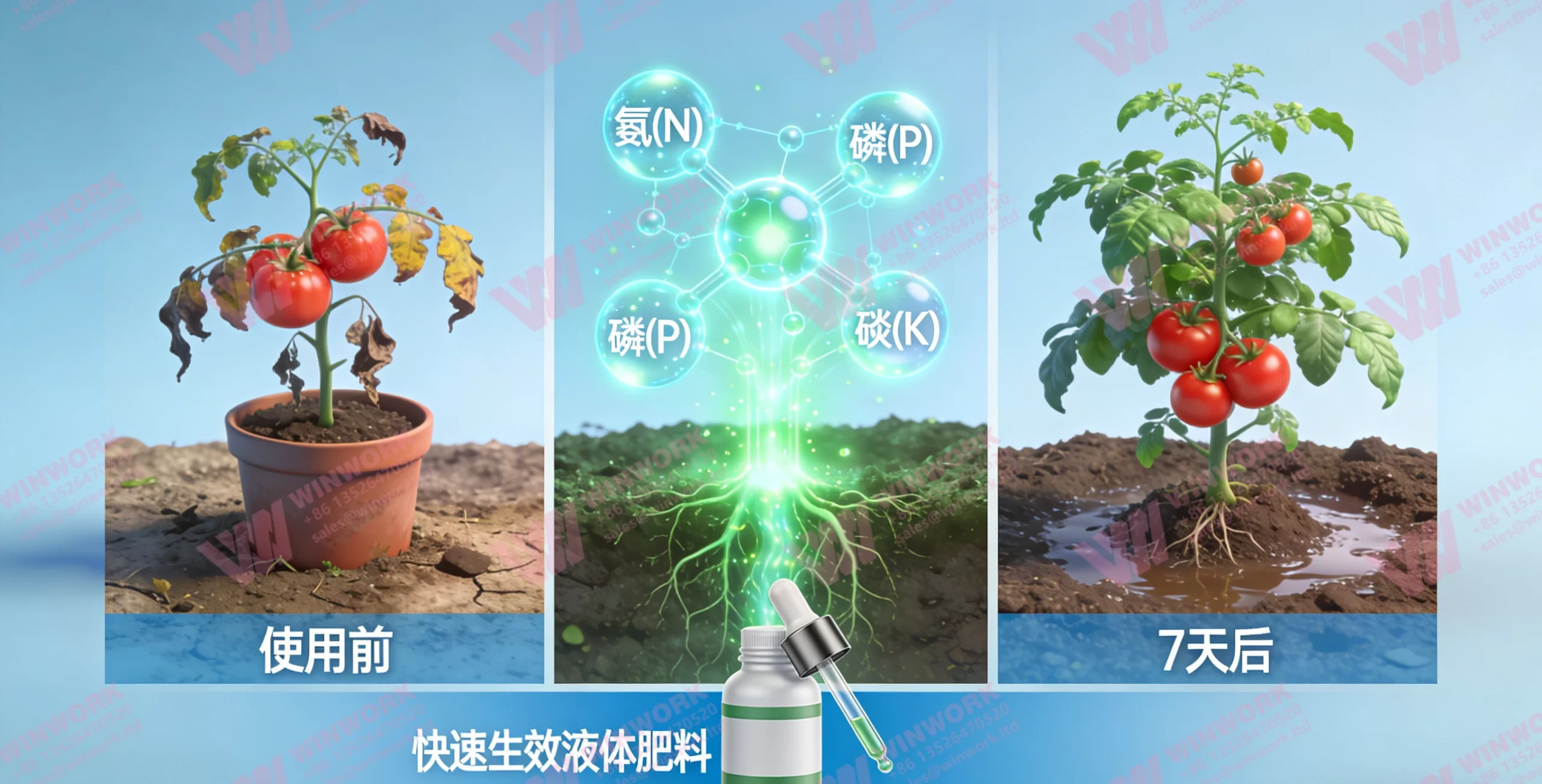
Get A Quote